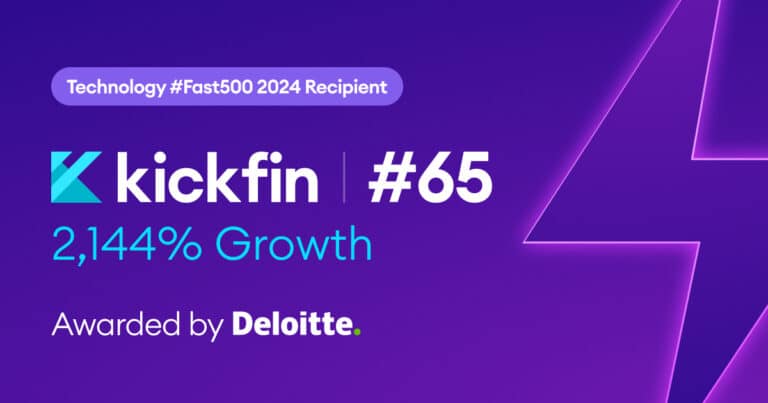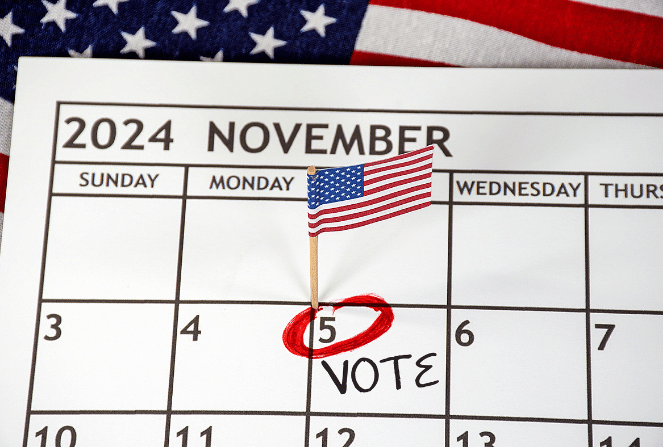Need a new restaurant podcast to binge? We’ve got a rec for you!
On the Forktales podcast, Joseph Szala seeks out industry leaders to dish on the future of the food and beverage industry. From owner-operators to branding experts, Joseph looks for insights into every aspect of the ever-changing industry from a wide variety of guests — including our very own co-CEO, Brian Hassan. Brian sat down with Joseph to tell him our story and discuss hot-button issues in the service and hospitality industries, including the future of tipping.
Read on for a recap of the interview — or watch the full episode here.
An Armored Truck Sparks an Idea
When Brian Hassan and Justin Roberts noticed an armored truck delivering cash to the San Francisco restaurant where they were eating, they started asking questions. With so many people paying with credit cards, why would the restaurant need that much cash each night? The answer — to tip out employees.
With their entrepreneurial brains already starting to turn, they talked to the server, bartender, and manager about the need for nightly cash in order to retain employees, and the idea for Kickfin was born. Instead of requiring frequent and dangerous cash runs or deliveries, we’ve delivered instant digital tip-outs straight to service employees’ bank accounts since 2017.
Tip Reporting Insight
While many people still think of tips as untaxed and unreported, the rise of credit card tips has changed all of that. Any credit tips are recorded in the POS system and properly reported, eliminating concerns about tax issues. Also, in the wake of the pandemic, reported tips determined how much service workers received in unemployment payouts, so they’re much less likely to seek out tax loopholes and workarounds. These days, worrying about unreported tips reflects a “pre-Covid way of thinking,” according to Brian.
Cash and Crime
Joseph and Brian also talked about the importance of going cashless in the face of rising crime. For many service industry workers, their “George Costanza wallets,” as Brian called them, could pose a major threat to their safety — both personal and financial. Not only could they be targeted for a robbery and physically harmed, but they would also be unable to recoup their losses. And if the cash never makes it to the bank, workers may be unable to cover their living expenses.
The Pandemic’s Effect on Tipping
Of course, the pandemic labor shortage came up, and Brian offered his insight into how the pandemic changed our views about service industry workers. At the height of the COVID-19 pandemic, service and hospitality workers showed themselves to be truly essential. During the financial uncertainty of the pandemic, average tips have actually grown higher than we’ve ever seen before. According to Brian, that’s because Americans are recognizing not only the hard work but also the risk taken on by restaurant employees in order to deliver great service and make money.
The pandemic also altered our views of tipping culture and who “deserves” a tip. Brian and Joseph both shared their experiences with feeling “tip shamed” when asked to tip in a non-traditional setting, like at a drive-thru, and feeling it would be tacky not to leave a tip. However, this is all part of an effort to find and retain workers without raising your labor costs. With daily tip-outs on top of an hourly wage, many QSRs can offer much more of an incentive to stay, to the tune of an extra $4 an hour. And these same QSRs are now looking to Kickfin to provide tip-out solutions.
Retaining Scarce Employees
With a newfound appreciation for service and hospitality workers also comes more competition to keep your best employees. According to restaurant managers, daily payouts are one of the best retention strategies. Traditionally, this meant handling a lot of cash. Brian himself wondered why restaurants don’t get away from the cumbersome and dangerous nature of paying in cash by putting tips on payroll — but restaurant owners quickly pushed back on that.
Most servers and bartenders like the quick payment turnaround of the service industry. Usually, they can pick up a shift in order to pay their bills the next day, so when you alter their pay schedule, your best employees are likely to look elsewhere for work. Ultimately, Kickfin seeks to meet restaurant owners’ employment needs while also reducing their reliance on cash.
While the pandemic created a need for automation and social distance, we still seek that human connection, especially in a hospitality experience. Brian spoke about his own personal desires when it comes to dining out, saying “Will I pay more to have the privilege of dining and feeling the energy of other patrons and talking to the bartender? Absolutely. And I want to be able to reward [the server] for that personal touch.”
Listen to the full episode of Forktales to hear Brian talk more about technology in the service industry and the future of Kickfin.




